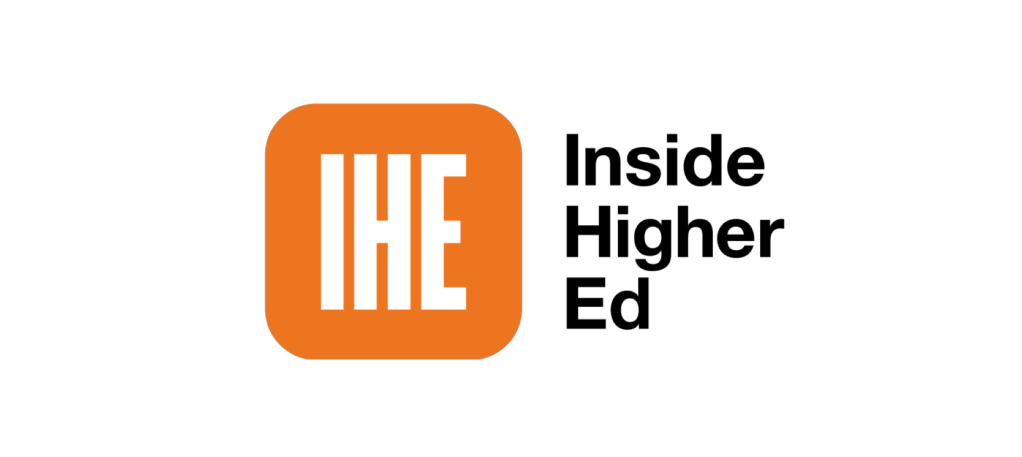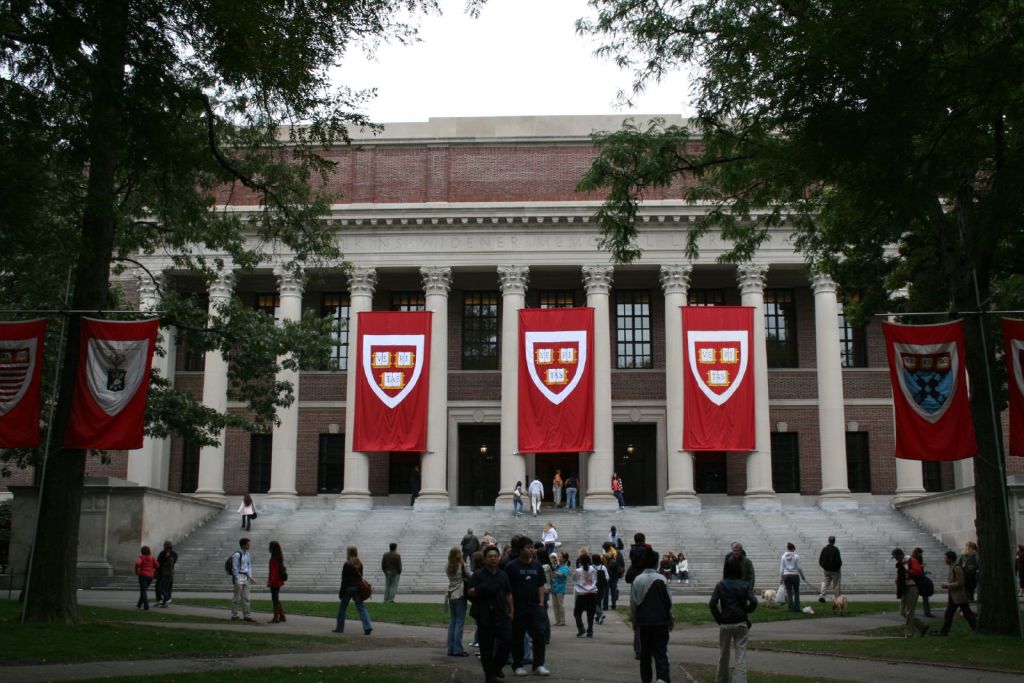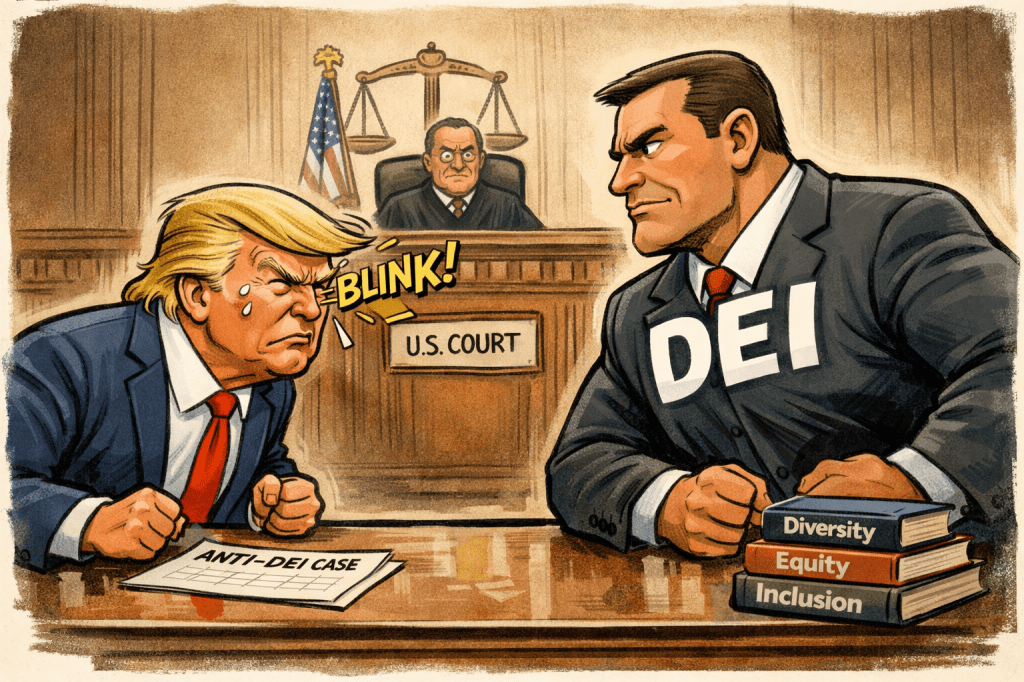As we move further into 2024, the landscape of higher education continues to evolve, presenting both challenges and opportunities for academic leaders. The latest 2024 Survey of College and University Chief Academic Officers offers a comprehensive look at how colleges and universities are navigating this complex environment. I invited you to join us as we delved into the key findings of Inside Higher Education, which provides valuable insights into the current state of higher education amidst these turbulent times.
In recent years, higher education institutions have faced unprecedented challenges. From navigating the ongoing impacts of a global pandemic to addressing increasing societal and political pressures, colleges and universities are at a crossroads. The turbulence of the past few years has forced academic leaders to rethink strategies, adapt quickly to changing circumstances, and develop innovative solutions to ensure the resilience and sustainability of their institutions.
Watch On-Demand
For those who missed it, the opportunity to gain a deeper understanding of national situation in higher education is available through Inside Higher Educations on-demand webcast. This podcast included a panel of experts who share their perspectives and analysis on the national findings.
Download Slide Deck and Survey Results
To maximize your learning experience, I encourage participants to download the slide deck and the full survey results. These resources offer detailed data and insights, helping to better understand the trends and issues highlighted in the survey.
Panel Discussion: Expert Insights
I was honored to George Justice, Ph.D., Provost and Executive Vice President for Academic Affairs and Professor of English at The University of Tulsa. We shared our thoughts on the exclusive findings from the latest survey and discussed how we addressed the most pressing topics in higher education. The panel, led by Inside Higher Ed’s Colleen Flaherty and Ryan Quinn, covered a range of crucial issues impacting higher education today. Here are the key topics we explored in depth:
- Academic Freedom and Campus Free Speech: The panel discussed how current world events have significantly stressed institutions’ speech policies. We examined the measures provosts are taking to educate students, faculty, and staff about the importance of free speech and how to engage constructively with differing viewpoints. This topic is particularly relevant as universities strive to balance free expression with a respectful and inclusive campus environment. The delicate balance between maintaining academic freedom and ensuring a safe, inclusive campus has never been more challenging.
- Viability of Tenure: Tenure remains a cornerstone of academic freedom, yet its viability is being questioned in various quarters. We delved into the current state and future prospects of tenure in higher education. The discussion included the challenges and criticisms tenure faces, as well as the potential reforms and the role of tenure in fostering a stable and innovative academic community. As financial pressures mount and calls for accountability increase, the future of tenure is uncertain, requiring careful consideration and strategic planning.
- Faculty and Staff Retention Rates: Retention of faculty and staff is critical for maintaining institutional continuity and quality education. The panel explored the current rate of turnover at various institutions and the strategies being employed to improve retention. We discussed factors contributing to turnover, such as job satisfaction, compensation, work-life balance, and professional development opportunities, and highlighted successful initiatives aimed at retaining top talent. In these turbulent times, the well-being and satisfaction of faculty and staff are paramount to sustaining the educational mission.
- Artificial Intelligence: AI is rapidly transforming the landscape of higher education. We discussed how institutions are adapting to this change, including the prevalence of published policies governing the use of AI in teaching and research. The conversation covered the ethical implications, benefits, and challenges of integrating AI into academic settings, as well as the need for policies that ensure AI is used responsibly and effectively. The rapid advancement of AI technology presents both opportunities and risks, making it a critical area of focus for academic leaders.
- Diversity, Equity, and Inclusion (DEI): DEI initiatives are more important than ever in fostering an inclusive academic environment. We examined the state of race relations on campuses and across higher education as a whole. The panel shared insights into effective DEI strategies, the challenges of implementation, and the impact of these initiatives on campus climate. We also discussed the role of leadership in championing DEI efforts and creating a culture of equity and belonging. In an era marked by social upheaval and calls for justice, DEI work is crucial for the future of higher education.
Each of these topics is vital to understanding the current and future state of education. The podcast provided a view of how academic leaders are addressing these complex issues and working towards creating more resilient and responsive institutions. By engaging in these discussions, we aimed to offer practical solutions and thought-provoking perspectives to help guide policy and practice in higher education.
Conclusion
Inside Higher Education’s 2024 Survey of College and University Chief Academic Officers offered essential insights into the challenges and opportunities facing higher education during these turbulent times. By joining our webcast, downloading the survey results, and engaging with our expert panel, participants can gain a deeper understanding of how colleges and universities are navigating these critical issues.
I appreciated everyone who is reading this as we explored the future of education together.
Julian Vasquez Heilig, Ph.D.





Leave a comment